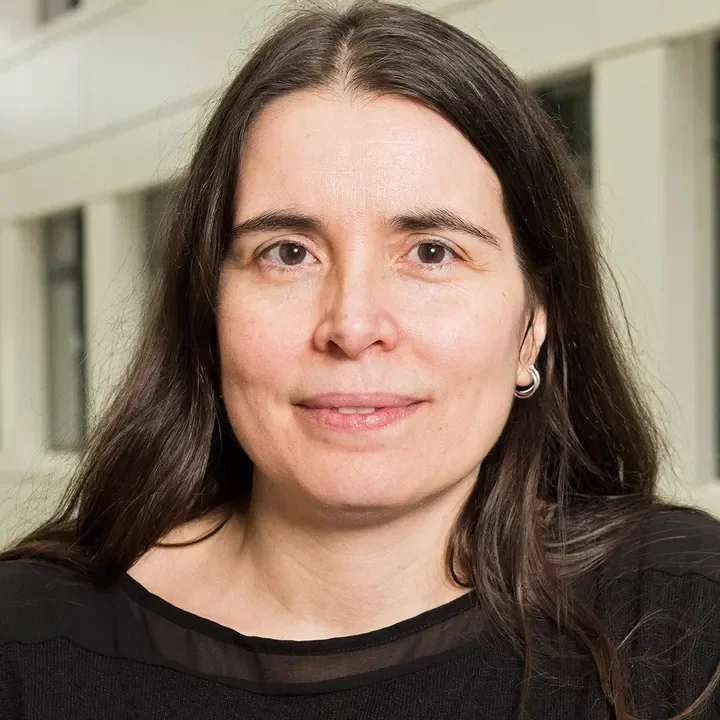
Professor Sonia Rocha is the Executive Dean of the Institute of Systems, Molecular and Integrative Biology at the University of Liverpool. Sonia is a cell and molecular biologist, with a particular interest in oxygen sensing and signalling in health and disease. In a recent interview, she described her responsibilities as a research and teaching leader at the institute, and the ways she ensures her team works within a healthy research environment.
When asked what constitutes of a healthy research culture, Sonia explained that scientific integrity and openness is at the heart of everything. It is important to go into research experiments with an open mind and not having pre-conceived ideas on the desired outcomes, leading to unbiased scientific learnings. Obtaining unexpected results is “actually more fun” she explained. Scientists should remain “open to things changing and evolving and hypotheses thought to be right are proven wrong.” This is a key part of her teaching – “I start my lectures by saying that from what I will teach you, 50% is wrong, maybe more, I just cannot tell you which of the 50% is wrong or right.” Advancement comes from questioning what is thought to be true at the time, as she explained, “if you start with the vision that everything you read is right, then you never question it.”
In biology, and especially in her discipline, a lot is uncertain. However, when conducting research in an open environment, where everything is shared, from the reagents and the protocols to the raw data and analysis, it is rewarding to examine surprising findings. Sonia instils critical thinking in her students, where members, irrespective of their experience, are encouraged to share their thoughts and challenges. “Everybody is a contributor to the process. There is no difference from me to my students, to a summer student that is in the lab. It doesn’t matter.” Being able to “share everything” that is performed with no fear of judgement is a critical component in reproducible and high-quality scientific research.
As part of encouraging an open research environment, Sonia is part of the University’s research and impact committee, working together to highlight best scientific practices and the importance of sharing information. For instance, members of the Institute are urged to publish their unpublished work as pre-prints in order to receive feedback and thoughts from other researchers around the world, prior to peer review and official publication. Sonia hopes to instil this collaborative mindset to the future generation of scientists, with less competition between peers, and a bigger importance placed on the achievements that can come about from everyone sharing their knowledge and research findings as openly and as accurately as possible.
Furthermore, established researchers should support and mentor early-career scientists. In the early stages of their career, scientists face a lot of challenges in receiving funding and recognition for their work – “when I started my independent group, I did it in an area where I had no track record, so it was hard to get into the field as I chose an area that I was interested in, but never worked directly… for me it’s easier now because people know who I am. They know what I’ve done.” Sonia explained how beneficial the support she received from her postdoc advisor has been for her development – “my postdoc advisor has been my best advocate. He’s been really amazing in supporting me throughout my years in the UK.” Nowadays, she emulates this experience, leveraging her platform to support her talented and hard-working students, whether they are looking to break into academia, industry, or the medical world. “So I have an ex-PhD student that just started their group in Newcastle and they’re doing great. It’s nothing down to me. It’s all down to him but I try to sponsor him as much as I possibly can by suggesting his name in conferences etc.”
Overall, Sonia’s work serves as a case study of a healthy research environment where scientific integrity, critical thinking and openness are at the heart of everything. Our interview provides examples of how she promotes healthy research practices and builds strong relationships with her peers, all with the greater goal of driving scientific excellence.